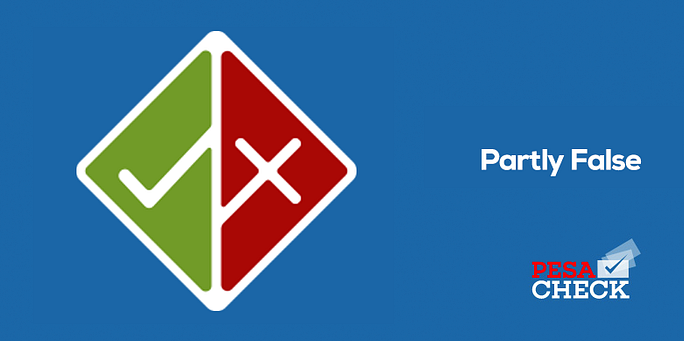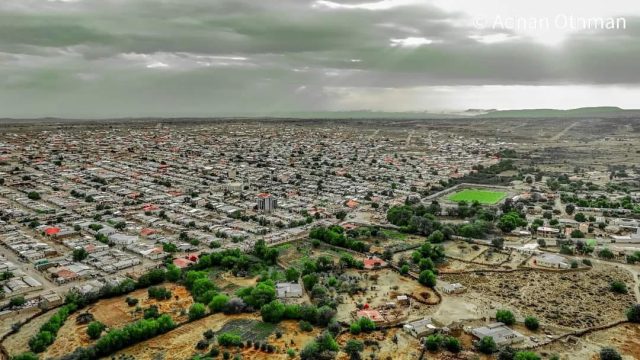The image has been online since 2016.

This post on X (formerly Twitter) claiming to show a scene of an Al Shabaab attack in Mogadishu on 2 August 2024 is PARTLY FALSE.
The Somali post translates to: “The situation at Lido beach in Mogadishu, where explosions and direct attacks took place last night, has now calmed down, and the Somali security forces are conducting security operations and investigations in the area. The restaurant where the attack took place last night, Beach View, and the nearby places show visible traces of the attack, with blood everywhere from those who died and were injured in the attack.”
The al-Qaeda-linked armed group Al Shabaab attacked Lido Beach on 2 August 2024, killing at least 37 civilians and wounding 212 others, as reported here, here, here, and here.
However, the image in question is unrelated to the 2 August 2024 attack.
Google Lens reverse image search established that the image was taken during another Al Shabaab attack in January 2016.
The image was featured in a 22 January 2016 article by ABC (Australian Broadcasting Corporation) with the headline “Al Shabaab militants bomb, storm beachside restaurant in Somali capital, police say.”
The photograph is credited to Mogadishu-based Reuters photographer Feisal Omar.
The caption reads, “Residents walk past the wreckage of cars destroyed in a car bomb attack outside the Beach View Cafe on Lido Beach.”
Other media outlets have used the same image in different news articles related to Al Shabaab attacks in Somalia, as seen here, here, and here.
PesaCheck has looked into a post shared on X claiming to show the scene of an Al Shabaab attack in Mogadishu on 2 August 2024 and finds it to be PARTLY FALSE.
This post is part of an ongoing series of PesaCheck fact-checks examining content marked as potential misinformation on Facebook and other social media platforms.
By partnering with Facebook and similar social media platforms, third-party fact-checking organisations like PesaCheck are helping to sort fact from fiction. We do this by giving the public deeper insight and context to posts they see in their social media feeds.
Have you spotted what you think is fake or false information on Facebook? Here’s how you can report. And, here’s more information on PesaCheck’s methodology for fact-checking questionable content.
This fact-check was written by PesaCheck Fact-Checker Hassan Istiila and edited by PesaCheck senior copy editor Mary Mutisya and chief copy editor Stephen Ndegwa.
The article was approved for publication by PesaCheck’s managing editor Doreen Wainainah.
PesaCheck is East Africa’s first public finance fact-checking initiative. It was co-founded by Catherine Gicheru and Justin Arenstein, and is being incubated by the continent’s largest civic technology and data journalism accelerator: Code for Africa. It seeks to help the public separate fact from fiction in public pronouncements about the numbers that shape our world, with a special emphasis on pronouncements about public finances that shape government’s delivery of Sustainable Development Goals (SDG) public services, such as healthcare, rural development and access to water / sanitation. PesaCheck also tests the accuracy of media reportage. To find out more about the project, visit pesacheck.org.
PesaCheck is an initiative of Code for Africa, through its innovateAFRICA fund, with support from Deutsche Welle Akademie, in partnership with a coalition of local African media and other civic watchdog organisations.






